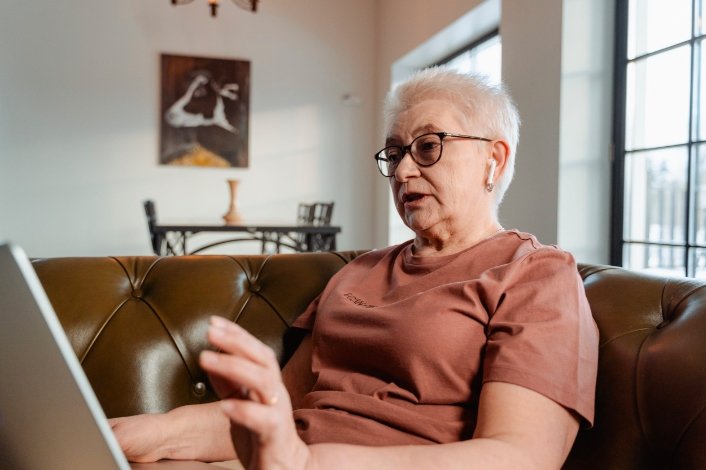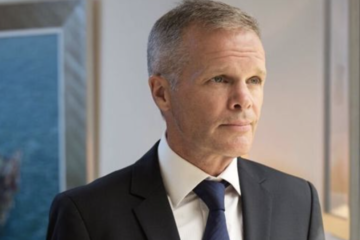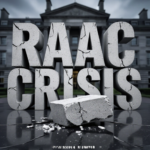A Scottish mother has been unable to speak for six months following a severe stroke. The stroke, which occurred unexpectedly, has left her with significant speech difficulties, a condition known as aphasia. Despite the challenges, she remains determined to regain her ability to communicate. Her story highlights the importance of speech therapy and the resilience required to overcome such a life-altering event. This article delves into her journey, the medical aspects of her condition, and the support systems in place to aid her recovery.
The Impact of Aphasia
Aphasia is a language disorder that affects a person’s ability to communicate. It often occurs after a stroke, particularly when the stroke impacts the left hemisphere of the brain, where language centers are located. For the Scottish mother, the stroke has resulted in severe aphasia, making it difficult for her to speak, understand, read, and write. This condition has significantly impacted her daily life, making even simple conversations a challenge.
Speech therapy plays a crucial role in the recovery process for individuals with aphasia. Therapists use various techniques to help patients regain their language skills. These methods include programmed stimulation, cognitive linguistic therapy, and group therapy. Each approach is tailored to the individual’s needs, aiming to improve their ability to communicate effectively. The Scottish mother has been undergoing intensive speech therapy, showing gradual progress over the months.

The journey to recovery is often long and arduous. While some individuals may see improvements within the first few months, others may take years to regain their speech abilities. The Scottish mother’s determination and the support of her family and therapists have been instrumental in her ongoing recovery. Her story is a testament to the resilience and strength required to overcome the challenges posed by aphasia.
The Role of Speech Therapy
Speech therapy is essential for individuals recovering from a stroke. It involves a range of techniques designed to improve communication skills. For the Scottish mother, speech therapy sessions have become a regular part of her routine. These sessions focus on rebuilding her language abilities, using methods such as stimulation-facilitation therapy and Promoting Aphasic’s Communicative Effectiveness (PACE).
Stimulation-facilitation therapy helps patients relearn word meanings and grammar. This technique uses sensory aids like music and pictures to stimulate verbal communication. The Scottish mother has found this method particularly helpful, as it engages multiple senses and reinforces language learning. Her therapists have noted steady progress, with small but significant improvements in her ability to form words and sentences.
PACE is another effective technique used in speech therapy. It is a conversation-based model that uses pictures as prompts to build communication skills. This method encourages patients to use alternative forms of communication, such as gestures and drawings, to express themselves. The Scottish mother has been practicing PACE, finding it a valuable tool in her recovery journey. It allows her to communicate more effectively, even when words are difficult to find.
Group therapy sessions provide additional support for individuals with aphasia. These sessions bring together patients facing similar challenges, creating a supportive environment for practicing communication skills. The Scottish mother has benefited from these group sessions, finding comfort in sharing her experiences with others. The camaraderie and encouragement from fellow patients have been a source of motivation in her recovery process.
Support Systems and Community
The journey to recovery from a stroke is not one that can be undertaken alone. Support systems and community resources play a vital role in helping individuals regain their abilities. For the Scottish mother, her family has been a pillar of strength, providing emotional and practical support throughout her recovery. Their unwavering encouragement has been crucial in her progress.
Community resources, such as stroke support groups and rehabilitation centers, offer additional assistance. These organizations provide access to specialized care and therapy, helping patients navigate the complexities of recovery. The Scottish mother has been actively involved in a local stroke support group, where she has found valuable information and support from others who understand her challenges.
Public awareness and education about stroke and aphasia are also important. Increased understanding of these conditions can lead to better support and resources for those affected. The Scottish mother’s story has raised awareness in her community, highlighting the need for continued research and funding for stroke rehabilitation programs. Her journey serves as an inspiration to others facing similar challenges, demonstrating the power of resilience and determination.


















